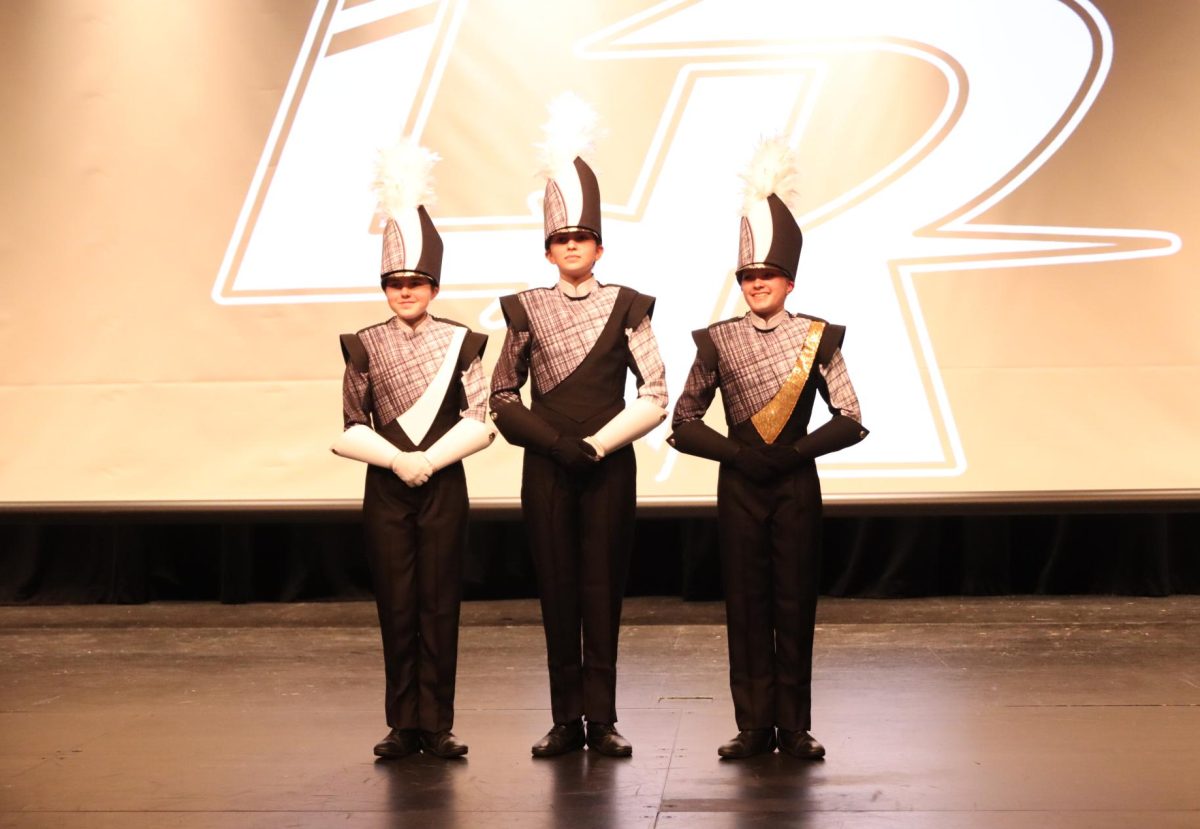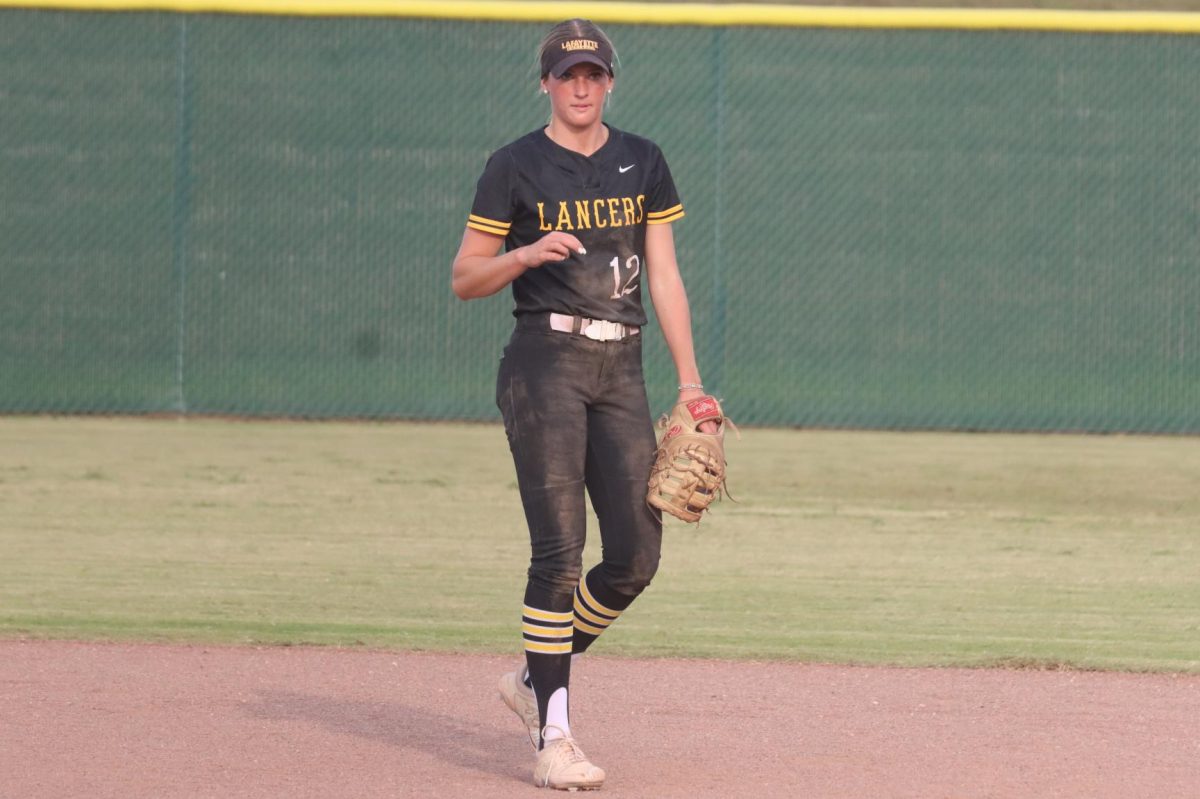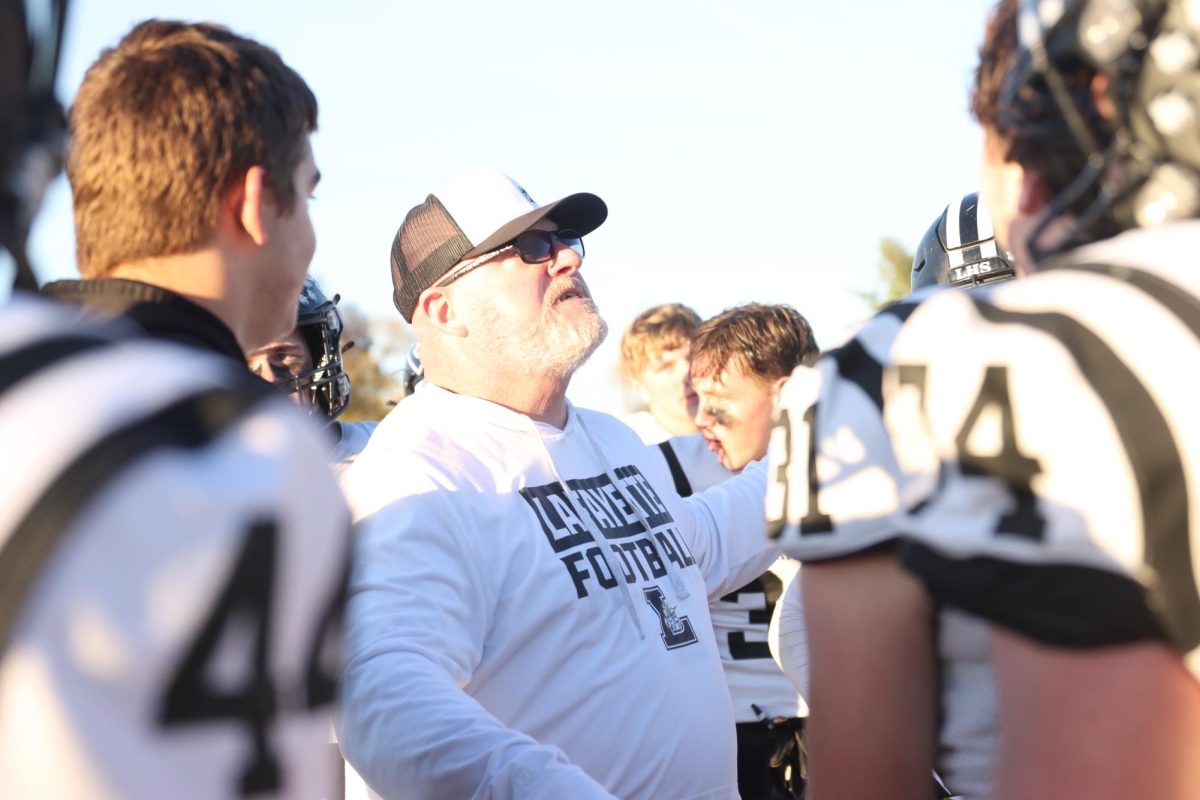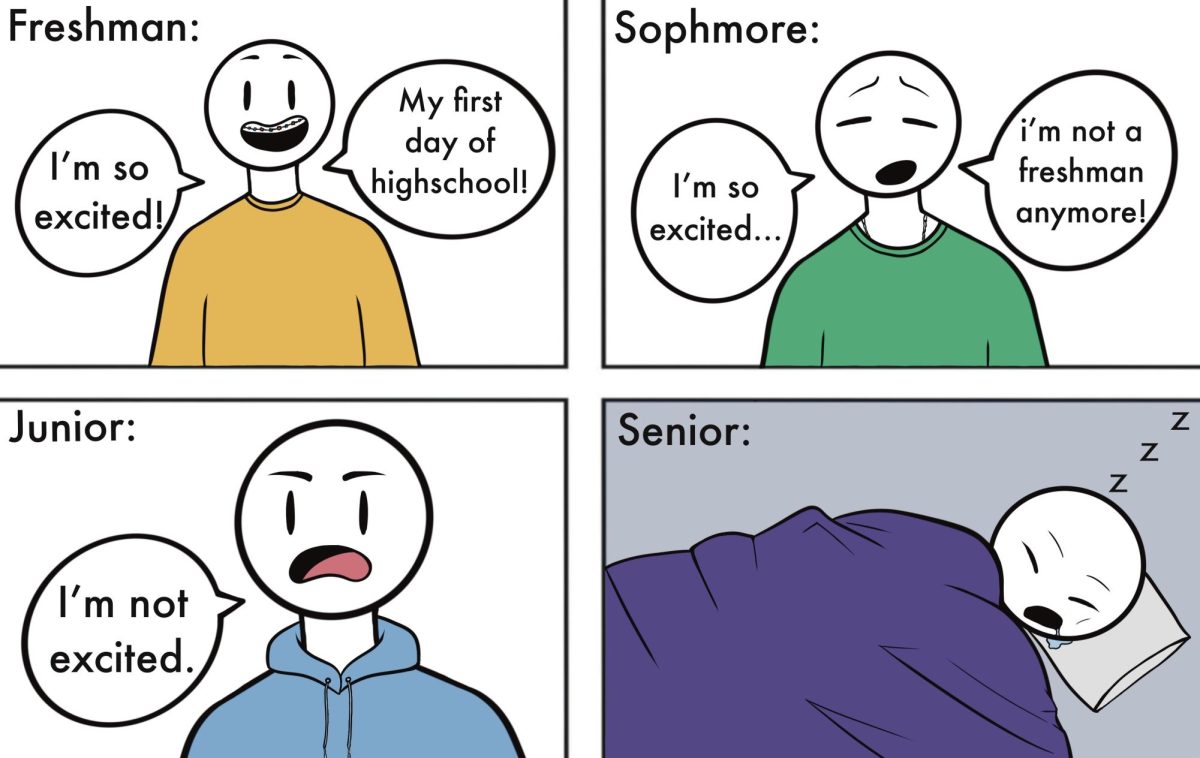I had this magical moment seconds after finishing The Master where I realized I needed to see it again, and not just because there was some stuff that flew over my head. I just wanted to experience the range of emotions it inspires all over again. It was visually breathtaking, emotionally taxing, and just fun to watch.
Much like Paul Thomas Anderson’s last film There Will Be Blood, The Master is a character piece, more about a certain figure in its world than any plot that they follow. The film must be held on the shoulders of Joaquin Phoenix’s acting talent, even more than the multitude of other performers in the movie.
I’ll end the tension right here and just say that Joaquin is amazing as Freddie Quell, a World War II soldier returning to the States with a severe case of post-traumatic stress disorder.
After drifting for a few weeks from job to job, he hops on the private boat of author Lancaster Dodd (played by Philip Seymour Hoffman), head of the fictional religious movement known as the Cause. Connections can quite easily be drawn between the Cause and Scientology in our world, but the Cause is anything but the focal point of the movie.
Instead, it focuses on how Lancaster Dodd and the Cause affect a disturbed and ultimately sad, sad man. Another reviewer (and I am jealous that I didn’t come up with this) called his character and Joaquin’s performance as “simian,” and that’s probably the most apt approach to describing him.
Freddie is a destructive, occasionally rude, always crude character, but he’s sympathetic from the start, and only grows more so as the film goes on.
In one of the longest and most powerful scenes in the film, Dodd asks Freddie a series of questions for his next book, but asks Freddie not to blink while answering them. The scene is revealing and slightly awkward at first, but ultimately becomes completely heartbreaking. From that point on, you watch Freddie in a different way. He becomes more captivating, and everything about his personality starts to click.
Lancaster Dodd is also a very intriguing and well-portrayed character, but his more reserved personality is consistently overshadowed by Freddie’s manic mannerisms. Philip Seymour Hoffman is magnificent as usual, but it’s very clear that he’s not the focus of the film, but rather a piece of Freddie’s story.
The dialogue, most often between Quell and Dodd, is sharply written and concise, especially in the aforementioned interview scene. There was clearly plenty of deeper meaning in each line, but that’s not the kind of stuff you catch in a first viewing.
There are hardly words for how good this movie looks, from a cinematography perspective and simple clarity. The Master was the first film shot fully in 65mm (converted to 70mm for screenings) since Kenneth Branagh’s Hamlet in 1996, and I’m beginning to wonder why it took so long for someone to do it like this again.
I understand the allure of the extra $5 per ticket with 3D prices, but there’s something lost whenever a movie is filtered through those awful glasses, and I’m not simply talking about brightness. “The Master” isn’t the kind of film that would ever be shown in 3D, but it also stands as a testament to why we should move away from that kind of presentation in the future.
The images are crisp and lively, and you can always see everything that’s happening in each shot in exquisite detail. Roughly half of the film takes place at sea, and the beautiful blues of the ocean waves were so luscious and tempting.
The use of color was also a major aspect of the film’s appealing visual style. Blue is a very prominent color, and it echoes the understated and quiet feeling of most of Dodd’s scenes, as well as contrast Freddie’s mood swings against it.
I hesitate to talk much of the soundtrack simply because its synthesis with the film was so mesmerizing. There is no dissonance whatsoever between what you hear and what you see. The score is organic, haunting, and consistently appropriate.
The Master is a dark, emotional film that you may have to watch a few times or mull over for weeks before it all starts to click. To be honest, it really hasn’t clicked for me yet, but I long for that sweet moment when it does. For now, I know that the film’s quality is impossible to deny, and that you should certainly watch it for yourself.

































